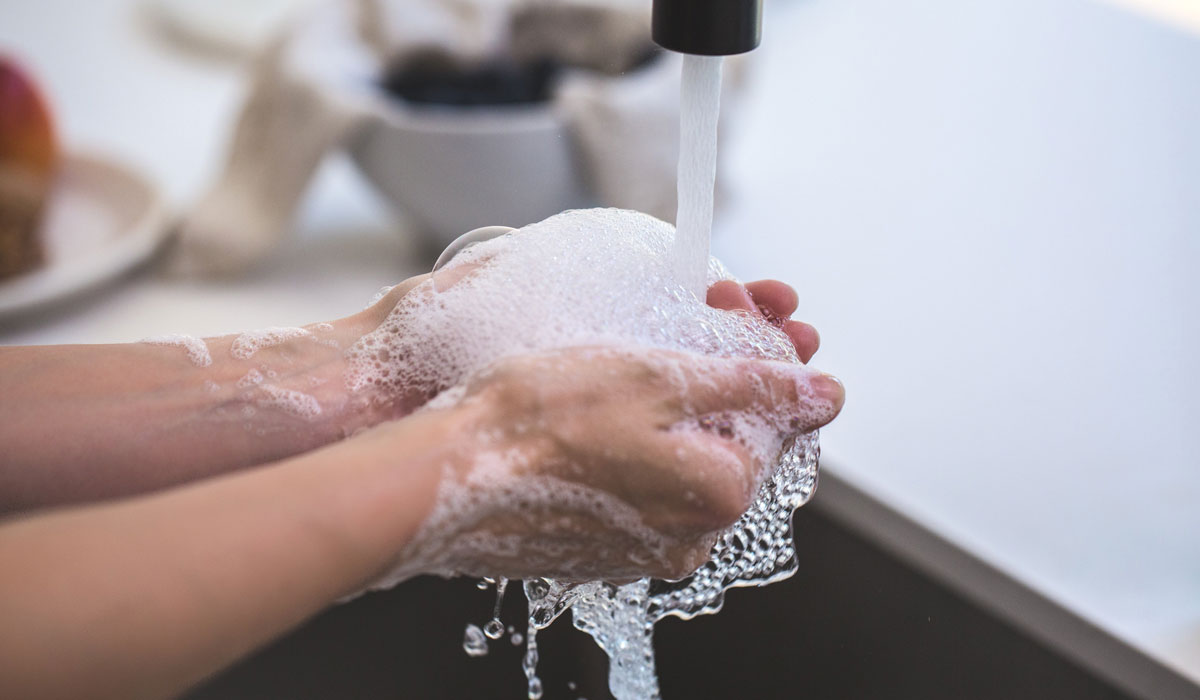During one week in May, three unvaccinated food service workers exposed hundreds—if not thousands—of guests to the Hepatitis A virus.
After a dishwasher at Duval’s seafood restaurant in Sarasota, Florida, tested positive for Hep A, the restaurant had all staff members vaccinated for the virus. Moving forward, they’re making Hep A vaccines mandatory for all new staff members. Around the same time, an employee at a Burger Boy restaurant in Caribou, Maine, had a severe case of Hep A, and may have passed it to guests and workers through contact. And a worker at Roy Moore’s Fish Shack in Rockport, Massachusetts, tested positive for Hep A, and the restaurant temporarily closed to disinfect and make sure no other employees contracted the disease. Health officials in these three states are urging guests who ate at these restaurants during late April and early May to be treated for possible exposure.
Unfortunately, these were not isolated incidents. The number of infected workers exposing guests to Hep A is high. The Centers for Disease Control and Prevention estimates that 150,000 people in the U.S. are infected each year.
The Hepatitis A virus can cause various symptoms, including fever, malaise, nausea, abdominal and/or joint pain, jaundice, inflammation, loss of liver function and even death. The incubation period of Hep A is approximately 28 days (though the range is 15-50 days), which means people are spreading the disease before they are showing any symptoms or even know they have it. It can take two months (or more) to recover.
Hep A spreads predominantly from virus-contaminated feces via hands, food, water, and surfaces. In other words, if an infected person uses the bathroom and doesn’t wash their hands properly, they could contaminate everything they touch. Because the Hep A virus spreads easily and quickly through food and water, it’s a particularly big threat in restaurants and other food service businesses. And there’s no treatment for Hep A. Infected people can experience symptoms for several months (or longer) before the virus goes away.
It’s up to all food service businesses to help prevent Hep A incidents and outbreaks at their establishments.
Tips to prevent Hep A incidents include:
Insist that all workers are vaccinated. All restaurant workers should be vaccinated to combat the spread of Hepatitis A. In the recent cases at the Massachusetts, Florida, and Maine restaurants, the unvaccinated workers caused serious health threats, impacting numerous guests and coworkers. People infected with Hep A can pass the virus to others, as well as contaminate foods, beverages and surfaces they handle, even before they develop symptoms. It’s imperative that all restaurant employees be vaccinated for Hep A to keep themselves and others safe and healthy.
Wash hands thoroughly and often. Use soap and warm water. Since Hep A spreads from the feces of infected people, ensure that all workers wash their hands after using (or cleaning) the bathroom, changing diapers, cleaning up bodily fluids, etc. And they should always wash their hands before preparing, serving or eating food.
Keep it clean. Clean and disinfect bathrooms and diaper-changing surfaces frequently and thoroughly. And then wash your hands.
Sanitize surfaces thoroughly and often. Sanitize and disinfect kitchen surfaces, dining tables, and items like door knobs, which are touched by many. When cleaning prep surfaces and kitchen counters, use an effective sanitizer and disinfectant made for that purpose, such as Purell Foodservice Surface Sanitizer, which is designed to kill a variety of pathogens (including Hep A) in one minute or less.
Change diapers appropriately. Use diaper-changing surfaces only. Never change diapers on surfaces where food is prepared, served or eaten.
Cook shellfish thoroughly before eating it. Shellfish is a common source of Hep A contamination, so cook it properly. Sanitize all surfaces and equipment that come into contact with raw seafood to prevent cross-contamination. And wash your hands after handling raw shellfish.
Use clean, safe water. Drink water only from approved sources. And avoid eating ready-to-eat foods (such as salad greens and other raw vegetables) that were grown in—or rinsed with—contaminated water (e.g., sewage polluted).
Hep A is a serious threat to restaurants, as infected workers could easily pass the virus on to guests and colleagues. Not only is Hep A a public health issue, but an outbreak at your restaurant could be damaging to your reputation. Therefore, it’s wise to make Hep A prevention part of your restaurant’s food safety protocol to avoid an outbreak at your establishment.
Francine L. Shaw is president/CEO of Savvy Food Safety, Inc. which offers a robust roster of services, including consulting, auditing, expert writing/updating and implementation of HACCP plans, food safety education, food safety inspections, curriculum development, and more. Francine’s diverse background includes spending over 20 years in the food service industry, beginning as an hourly employee and eventually an operating partner. She continued her career as a food safety subject matter expert working in academia as well as private sector, her company has performed thousands of food safety inspections—for both local health departments and the private sector. Francine is a well-respected international speaker, and has been featured as a food safety expert in numerous media outlets.













